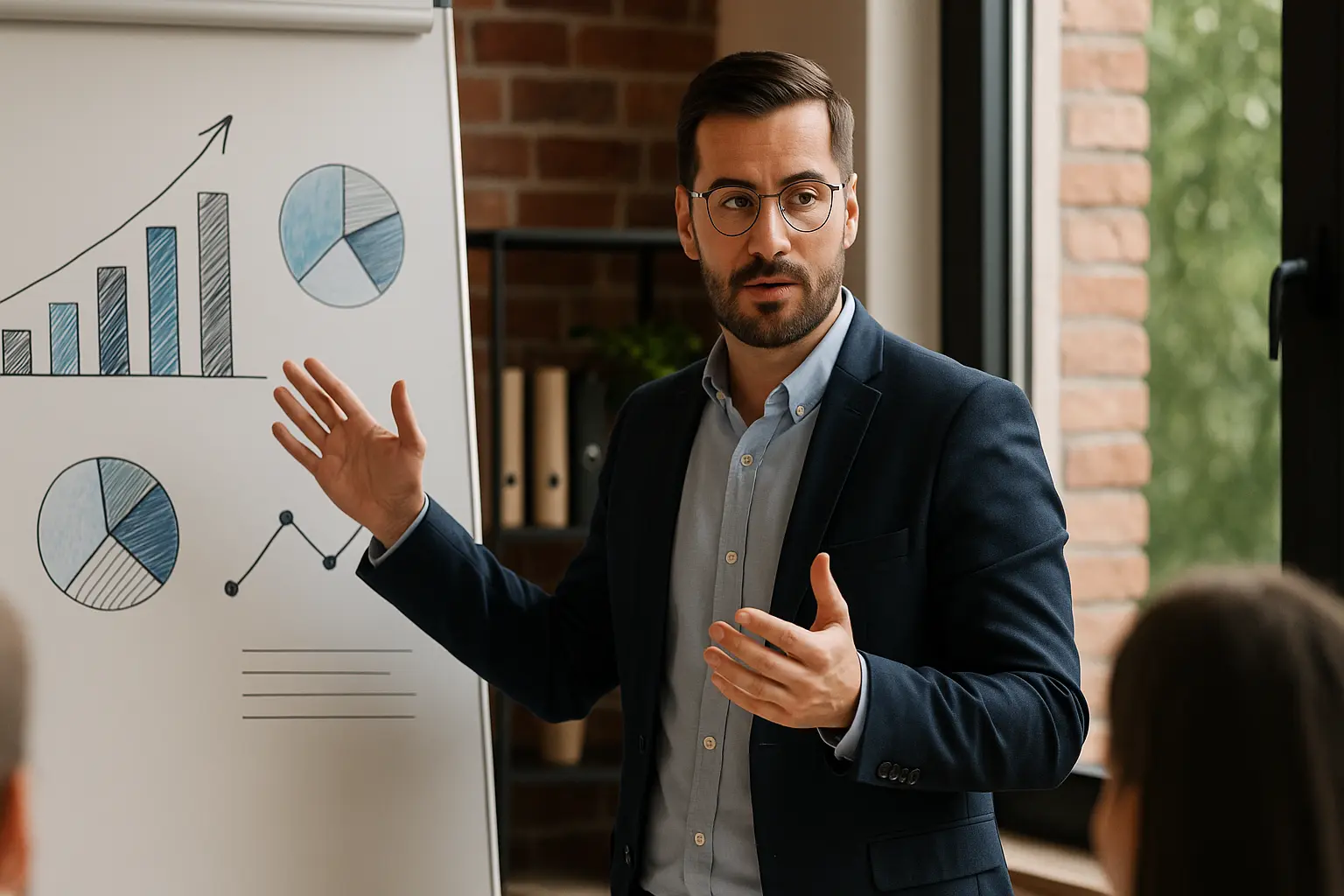The answer is obviously yes, except that… today's XEROX method is nothing like the XEROX method from 30 years ago! Beyond this sales school that made more than one salesperson dream, salespeople must adapt to a new environment, to a context where prospects, competitors, exchanges, tools, suppliers have significantly changed and reshaped the way of doing this key job for the survival of a company.
If, in the collective unconscious, XEROX's sales teams occupy a special place (that of a model of efficiency and performance complementing its commercial strategy), it is because the company, in its commercial management, was a pioneer in formalizing the sales process, in moving from the intuitive approach of the sales representative to the structured and reproducible approach of the salesperson. But also because it knew how to adapt! To understand what this profession requires today, let's draw inspiration from the practices of the best salespeople we support throughout the year, who show us how to maintain their level of performance in the age of multi-channel sales.
With "consultative selling" methods, the salesperson focused their entire interview on understanding their client's problems and gradually built the link with the products/services they could offer.
The salesperson's objective became, through the exercise of questioning (already with the famous "open questions"), to reveal the need and propose the solution to quickly validate the sale.
In 2017, customers no longer necessarily turn to the sales channel to understand their needs and find solutions, but to the internet, supplier and professional networks, trade shows, etc. They have direct and easy access to numerous sources of information and offers. Prospects can therefore seek comparative elements, form an idea, and define their needs independently, at their own pace, and whenever they wish. So, what can be the value of the salesperson in this context and during their interactions with the customer?
Bring a unique point of view and convictions
For greater sales performance, the salesperson must adopt a posture that is less oriented towards the products they have to sell and instead favors sincere and detached listening. Today, for the client to agree to be accompanied, it is important that the seller can understand their challenges in their own markets. They must step back to understand how the client seeks to maintain their position and advance it in their market environment. This implies an economic culture on sectoral trends in order to challenge the client's vision.
Through an open discussion driven by convictions, the salesperson will build an approach aimed at offering a point of view on the market, sharing potential risks identified in the sector, and helping their client consider alternatives. In other words, the salesperson must always master the tools of dialogue to build a rich and open conversation but also strengthen their ability to support their clients to enable them to make the best investment choices.
A good salesperson will seek to better understand their prospect's environment, offer insights, and become a consultant who challenges established positions. Therefore, their primary focus is no longer solely on their own sales targets but on their ability to offer innovative and unconventional perspectives to help their client make the best choices.
Provide value
The direct consequence of this posture encourages the salesperson to bring more value, making their job more rewarding.
In a complex environment where employees in a purchasing situation cannot analyze and have an expert view on all subjects, today's salesperson must be able to position themselves as a resource capable of helping them, challenging them, and guiding them towards the right decisions! This is how the profession is evolving. The new generation salesperson is shifting to an approach where they achieve their objectives because they are the result of their consulting and expert actions to capture the client's attention. Insofar as the salesperson is no longer the only point of entry for the prospect, it is essential that they focus on what they bring to the table. Let's not forget that a 3-minute demo video will always have more impact than a sales pitch.
To achieve this, the salesperson must be able to change their way of seeing and doing things, broaden their scope in order to provide their prospect with relevant and well-reasoned advice. And if they succeed in anticipating market developments and thus give their prospect a head start, it's a win!
We can clearly see that the profession is becoming more complete and complex. It is necessary to master the traditional methods in terms of organization, rigor, discipline, mentality, pace, knowledge and technical mastery (the stages of the interview remain a common thread), but it is also necessary to know how to activate differentiated responses and points of view adapted to the buyer. Salespeople who perform in a sustainable way are those who have been able to focus on the customer's interest, who have made them successful in their own market.
How will your sales representatives develop these new skills? This requires a long-term change management approach to strengthen your teams and enable them to become a key differentiator in your multi-channel go-to-market strategy.
To go further, you can download our White Paper: HOMO SAPIENS COMMERCIALIS: the salesperson in the Digital Age
You can also consult our innovative approaches to support leaders and managers in this change:






